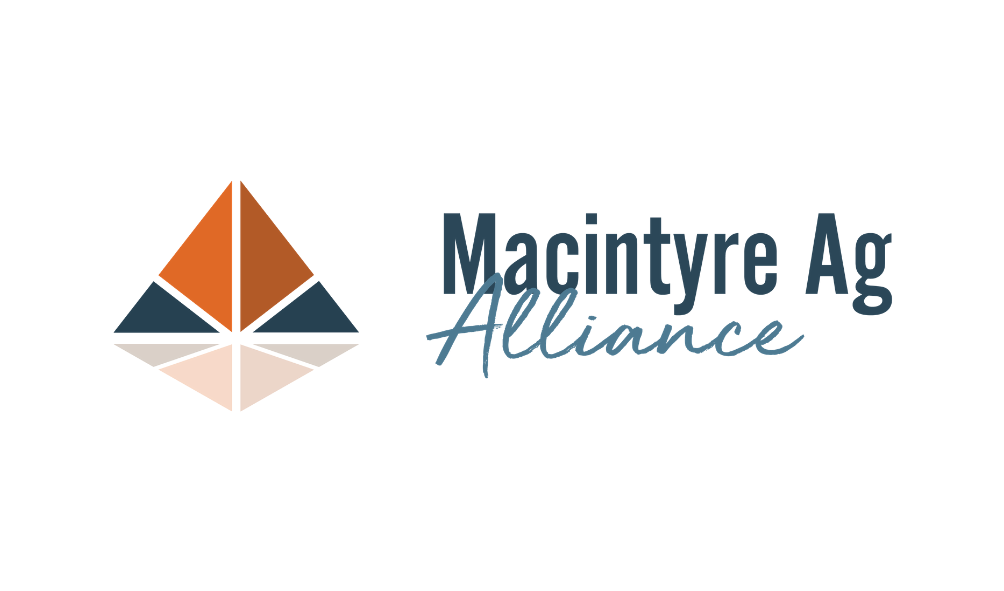The importance of having a relationship with your Agri Banker
‘Interest rates are only one part of a banking relationship - this and how they can vary between business customers,’ was part of the messaging in a presentation by Jeff Schrale at the Grazing Field Day at Tarrawonga in September.
Having come off two years of some better trading conditions and a very significant increase in property prices, it is worth checking with your Bank if this has impacted the interest rate you are being offered.
Customers pricing is a reflection of the risk your business presents to the lender and the security that they hold. The less risk, driven by stronger financial performance, and the greater the security, the better the rate that a customer can achieve as Banks can then pass on this lower cost of capital. This is also why talking over the fence and finding out your neighbour is on a better rate than you doesn’t necessarily mean you aren’t being looked after as your own circumstance could be very different to theirs.
A Bankers job is to represent your business to the wider Bank and if you don’t feel comfortable that you have the right person sitting across from you at the table or in the board room, you should really be considering your options as interest rate isn’t always the most important factor. You want your Bank to support you through commodity and weather cycles, through tough times and be there to help you succeed and grow and relationship plays a huge part in this.
In understanding the four principles of risk for the Bank illustrated below, you can help your Banker by providing:
Accurate up to date information with historical production and financial data. This data needs to include any planned changes to the operation you may foresee, for example buying a new property, as Banks rely heavily on cash flows and forward forecasts. These should be based on historical cost bases adjusted for the new operation and future sales based on sensible calving/lambing rates for example and the selling program in terms of weights and prices. Historical production data and/or yields is very valuable as it provides evidence of what you have been able to achieve in more normalised years in comparison to what you are forecasting.
Character and Capacity to repay the debt are the two main areas Banks focus most on, alongside a clients security position, however this is not considered the key answer to recovery of debt. Evidence of past profitability in stronger years is very helpful for assessment when Banks are being asked to support businesses through tougher times or to expand their enterprise.
The four principles of lending to customers:
• Character: Assess the customer’s character for integrity and willingness to pay
• Capacity: Only lend what the customer has the capacity to repay
• Security: Plan for the possibility of default
• Capability: Only extend credit if we can understand and manage the risk
So what’s stopping you? Organise a chat with your Banker today.
Thank you to our partners Bigambul Native Title Aboriginal Corporation. This project received funding from the Queensland Government's Natural Resources Recovery Program and is proudly sponsored by ANZ.

